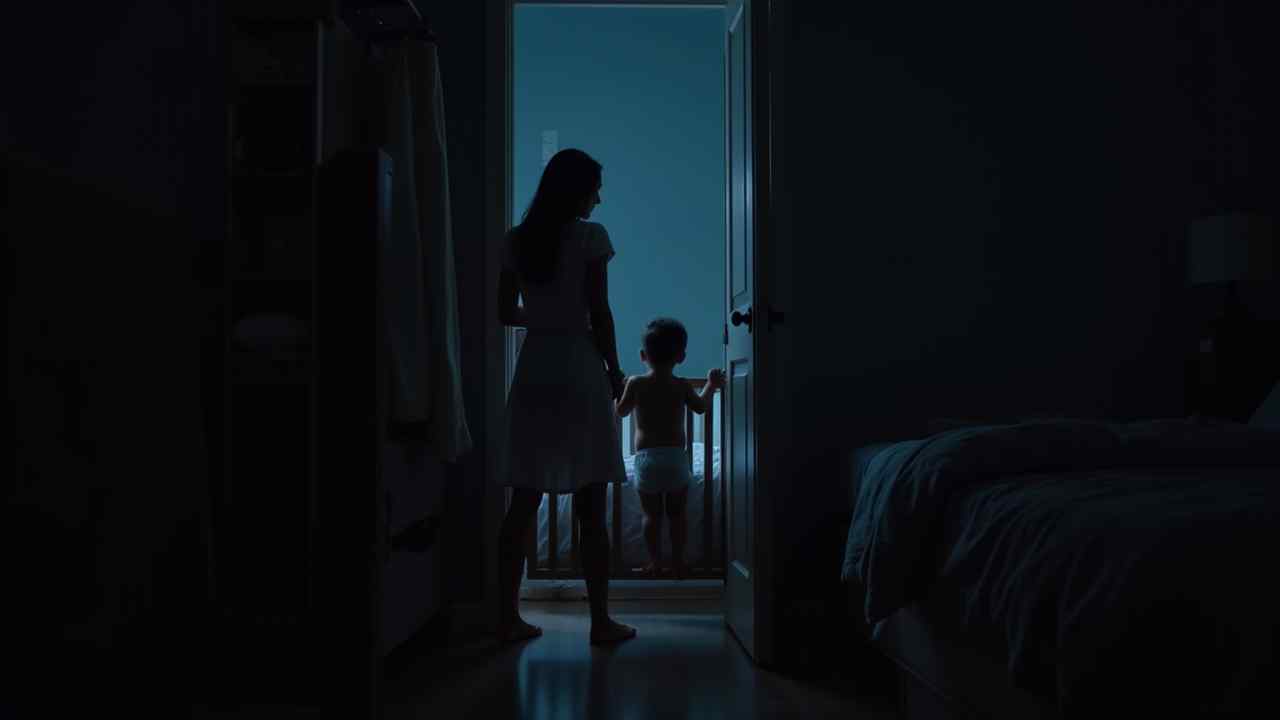
🤯 Surviving the 8-Month Sleep Regression: A Parent's Guide
🤯 Surviving the 8-Month Sleep Regression (A Parent's Guide) 🤯
Just when you think you have finally settled into a predictable sleep routine, it happens. Your 8-month-old baby, who might have been sleeping for long stretches, is suddenly waking up all night long. Bedtime has become a battle, and naps are a disaster. This is the infamous 8-month sleep regression.
First, know that you are not alone, and you have not done anything wrong. This is one of the most common and challenging sleep disruptions that parents face. It is a completely normal developmental phase. In fact, it is a sign of your baby's amazing growth.
This guide will explain why this regression is happening. We will also provide you with practical, gentle tips to help your family get through it. Let's navigate this bumpy but temporary road together. ❤️
🤔 What is the 8-Month Sleep Regression and Why is it Happening?
A sleep regression is a period when a baby who was sleeping well suddenly starts having trouble. The 8-month sleep regression (which can happen anytime between 8 and 10 months) is caused by a perfect storm of developmental leaps. Your baby's brain and body are working overtime.
Are they mastering new physical skills?
Yes. This is the number one cause. At this age, your baby is mastering major motor skills. They are learning to crawl, pull up to a standing position, and cruise along furniture. Their little brain is wired to practice these exciting new skills. The crib is a safe and perfect gym, even at 2 AM.
Is their brain going through a major leap?
Absolutely. Your baby's cognitive abilities are exploding. They are starting to understand object permanence more deeply. This means they know you exist even when you leave the room. This can fuel a peak in separation anxiety. They are also developing their language skills and babbling more.
✅ What Are the Best Survival Tips for This Phase?
The key to getting through the 8-month sleep regression is consistency. The goal is to support your baby through this phase without creating new, long-term sleep habits that you do not want to maintain. Here are some essential tips.
1. Stick to Your Routines: A predictable bedtime routine is a powerful anchor for your baby. When their brain is going through so many changes, the security of a familiar routine (bath, book, song) is very calming. Do not skip it.
2. Allow for "Practice Time": Give your baby plenty of floor time during the day to master their new skills. Let them crawl and pull up as much as they want. If they stand up in the crib at night, give them a few minutes. Let them figure out how to get back down. This is a skill they need to learn.
3. Be Reassuring but Brief: It is important to respond to your baby if they are distressed. However, try to keep nighttime interactions calm, quiet, and boring. A quick back rub and a soothing phrase are great. Turning on the lights and playing is not.
4. Optimize the Sleep Environment: A very dark room with a white noise machine can help. It minimizes the distractions for your baby's newly alert brain. This helps them to settle back to sleep more easily.
⏳ How Long Does the 8-Month Sleep Regression Last?
This is the question every exhausted parent wants to know. While it can feel like an eternity, this phase is temporary. For most babies, the 8-month sleep regression lasts for about three to six weeks.
The duration is often tied to how long it takes for your baby to master their new developmental skill. Once pulling to a stand is no longer a new and exciting trick, they will be less motivated to do it at night. Stay consistent and patient. You will all get through this. 😴